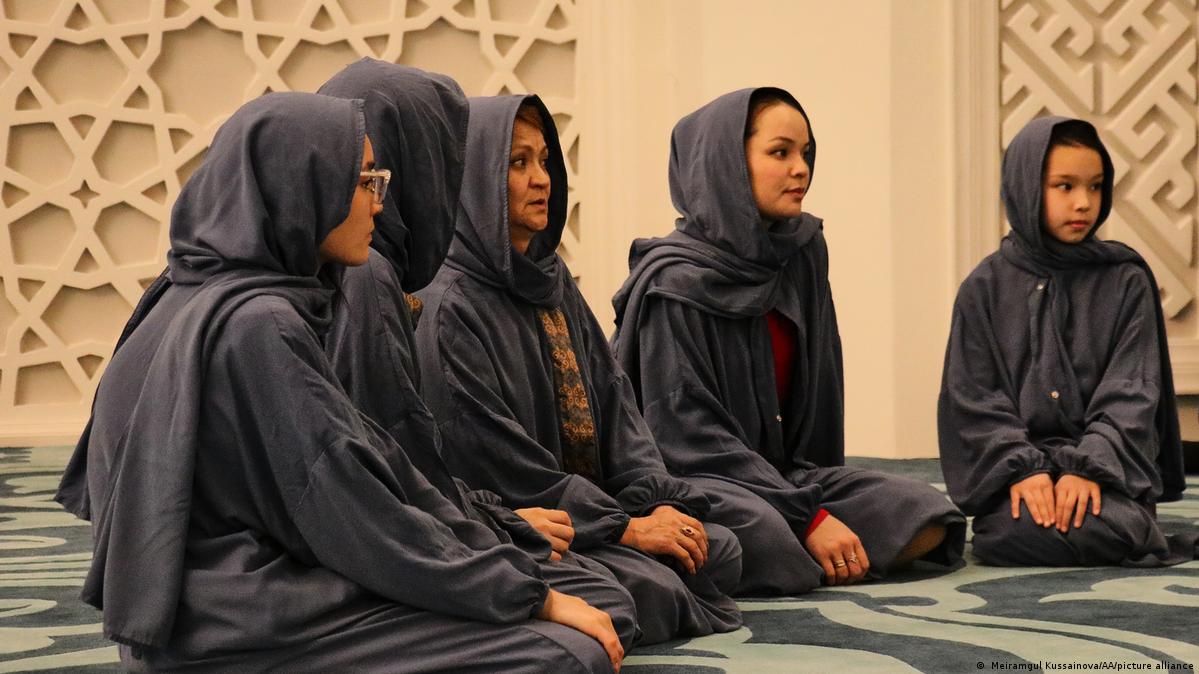Islam, a faith often seen as unified, grapples with a harsh reality – discrimination within its ranks. This prejudice, fueled by factors like sect, ethnicity, and interpretations of faith, creates a fractured Muslim world. Within Muslim communities, the belief in the superiority of one’s interpretation of Islam often leads to discrimination against those who hold different beliefs, creating rifts and divisions that undermine the principles of unity and brotherhood preached by Islam.
One of the most pervasive forms of discrimination within Muslim communities is the belief held by some individuals or groups that their interpretation of Islam is superior to others. This sense of superiority can manifest in various ways, including marginalizing or ostracizing those who adhere to different schools of thought or religious practices. Such attitudes contribute to a climate of mistrust and division, hindering efforts towards intra-community cohesion and solidarity.
Many have voiced the complaints about some fellow muslims who are still uncomfortable with physical contacts; like touching shoulders and feet during congregational prayers, hugs, and handshakes with their fellow muslims of the same sex despite the fact that these acts are vital for an acceptable congregational prayer.
Muslim Discrimination towards Food and Dressing
Muslims are cautious about their dietary choices; particularly because Islam forbids many foods for them, including pork, alcohol, blood and blood products, animals slaughtered improperly, food dedicated to gods/ a god not Allah etc. However, muslim-muslim discrimination transcends to interpersonal interactions as many are hesitant to touch food offered by fellow muslims, knowing fully that the people offering are also muslims who adhere to the dietary restrictions of Islam.
Discrimination against dressing, especially muslim women’s dress is sometimes perpetuated by fellow Muslims themselves, who may criticize the length or style of a sister’s hijab and dressing, considering it insufficiently Islamic. In Western societies, where diverse cultural influences shape clothing choices, Muslim women face additional scrutiny and judgment for their dress, exacerbating feelings of marginalization within their own communities. Such internal divisions highlight the complexities of navigating identity and faith in multicultural spheres.
Sectarian Tension and Gender Bias
Sectarian tensions between Sunni and Shia Muslims represent another significant aspect of Muslim Muslim discrimination. The historical divide between these two major branches of Islam has often been exploited by political and religious leaders to further their agendas, leading to violence, persecution, and marginalization of minority sects. Countries like Iraq, Bahrain, and Pakistan have been particularly affected by sectarian strife, where Sunni-Shia tensions have resulted in discrimination, violence, and human rights abuses. The Ahmadiyya community experiences similar persecution in some parts of the world, ostracized as heretical by some Sunni interpretations.
Moreover, the dominance of certain Muslim-majority countries, particularly Saudi Arabia, in shaping the global narrative of Islam has exacerbated feelings of superiority and discrimination within Muslim communities. Saudi Arabia’s promotion of Wahhabism, a conservative interpretation of Sunni Islam, has marginalized alternative interpretations and contributed to a homogenized view of Islam that excludes minority sects and voices. This dominance has also perpetuated gender-based discrimination, as Saudi Arabia’s strict interpretation of Islamic law often restricts women’s rights and freedoms.
Gender-based discrimination is another pervasive issue within Muslim communities rooted in patriarchal interpretations of Islamic teachings and cultural norms. Women and girls often face barriers to education, employment, and participation in public life, limiting their autonomy and perpetuating inequalities. While Islam espouses principles of equality and justice, discriminatory practices persist in many Muslim-majority countries, where women’s rights are often sidelined in favor of patriarchal traditions and interpretations
Racist Treatment and Convert Syndrome
Recent years have seen growing concern about the prejudice faced by African Muslims and Black Arabs living in Arab countries and around the world. There are instances of racism and derogatory treatment, evidenced in one Al-Jazeera’s 2018 report. The report highlighted how popular TV shows aired during Ramadan, like Egypt’s “Azmi we Ashgan” and Kuwait’s “Block Ghashmara,” perpetuated negative stereotypes and used offensive language towards these communities. Such portrayals not only fuel existing discrimination but also contribute to the social exclusion of Afro/Black Arabs and African migrants within Arab societies.
New converts to Islam often encounter prejudice and discrimination within Muslim communities. Despite their sincere commitment to the faith, they may face skepticism and mistrust from lifelong Muslims, who may doubt their sincerity or understanding of Islam. This lack of acceptance, often referred to as “convert syndrome,” can lead to feelings of isolation and the constant need to prove their devotion. Additionally, new converts may struggle to integrate fully into the community due to expectations to conform to specific cultural norms or interpretations of Islam. These challenges can manifest subtly through exclusion from community events or overtly through judgmental treatment, further exacerbating their sense of alienation.
Read more: The outrageous racism that ‘graced’ Arab TV screens in Ramadan
To bridge these divides, education is crucial. Promoting interfaith dialogue, educating about Islamic diversity, and challenging stereotypes are vital steps. Religious reform that emphasizes inclusivity and social justice can also help. Empowering women through education and leadership roles is essential. Also, Muslim communities need to hold each other accountable and advocate for the rights of marginalized groups.
In conclusion, Intra-Muslim discrimination is a complex issue with no easy solutions. However, acknowledging its existence and working towards a more inclusive and just Islamic society is paramount. By promoting dialogue, education, and social reform, Muslims can create stronger, more equitable communities that celebrate their rich and diverse traditions. A united Muslim world starts from within.

